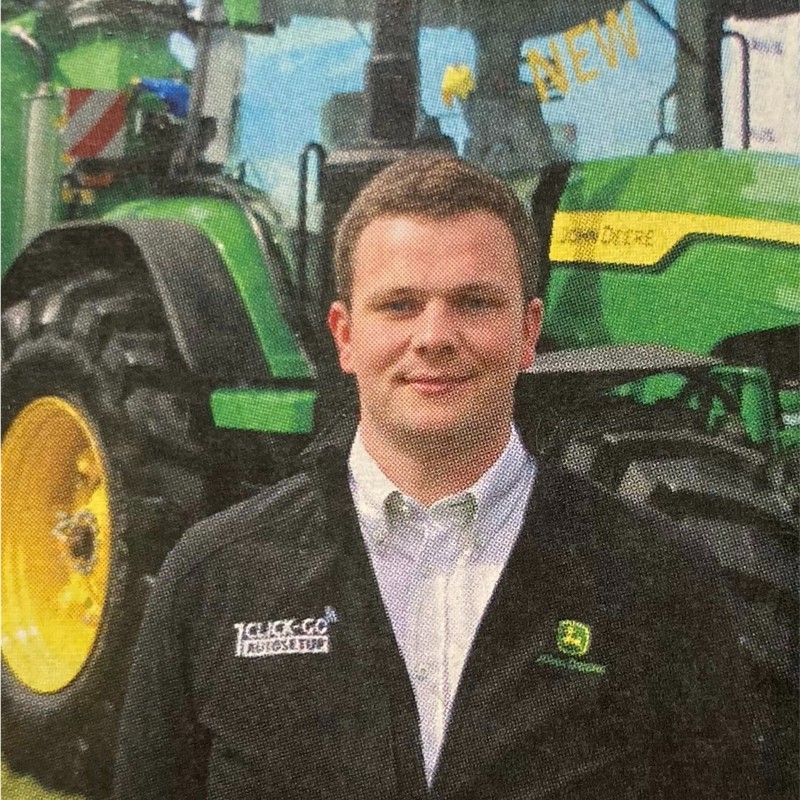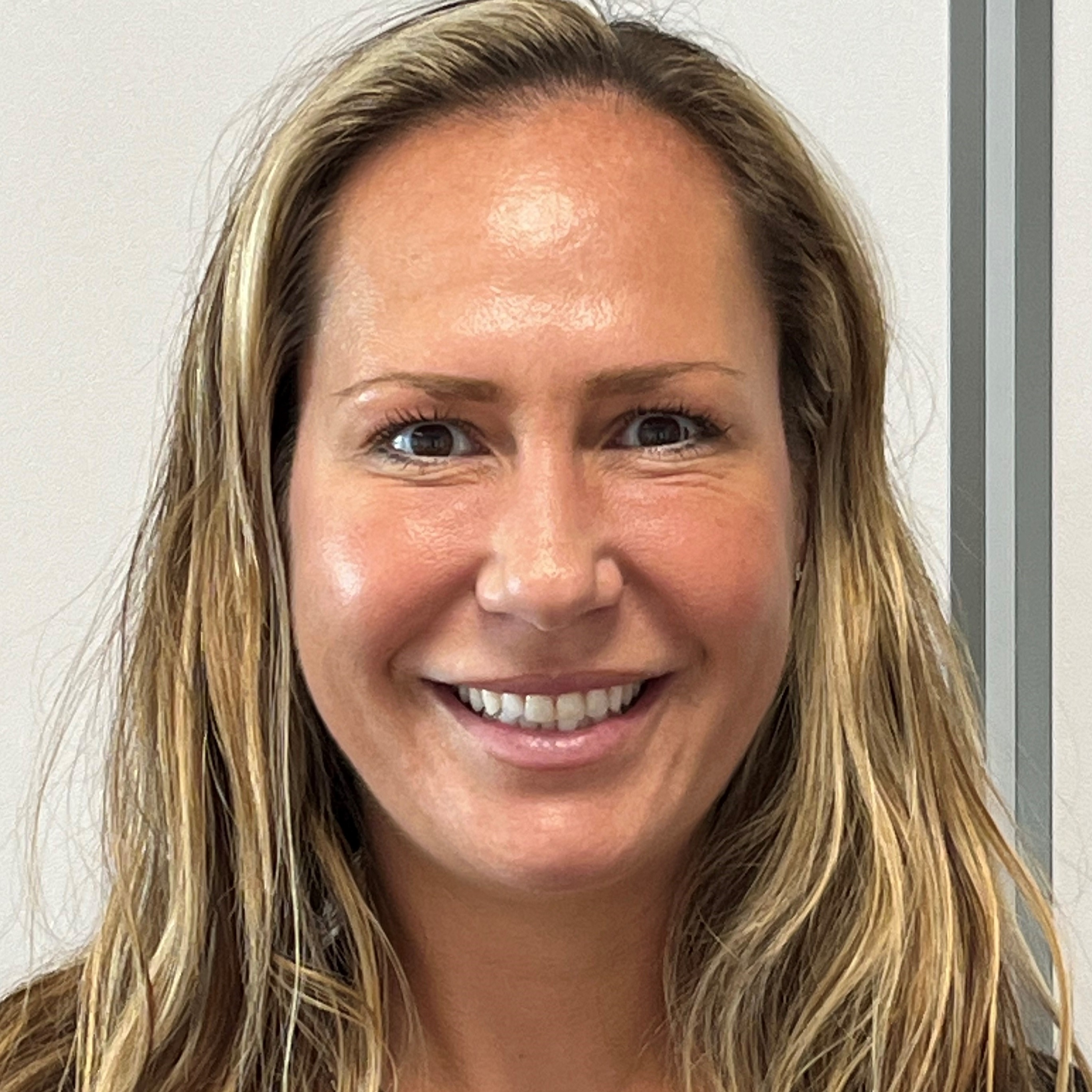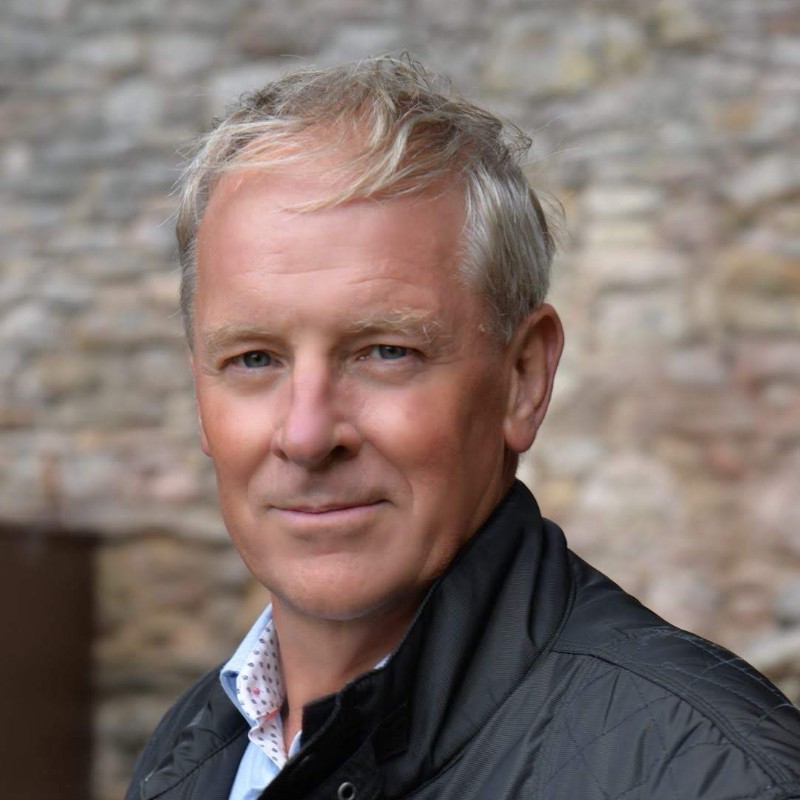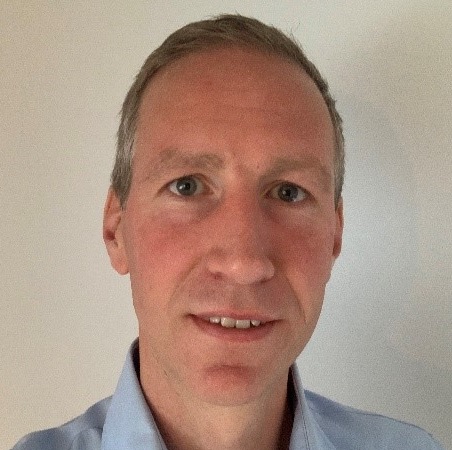

IAgrE Landwards Conference 2023
Agricultural Engineering - Feeding the Future
Wednesday 1 November - online
We decided to host the Conference in 2023 online to make it accessible to all our members.
There is no denying climate change is having a catastrophic effect around the world and we must change how we live, both now and in the future. It is essential that agriculture plays its part in the latter, but additionally sets itself up for the challenges ahead of feeding a growing population. With just under 8 billion on our planet, another 0.5 billion by the end of the decade and just under 10 billion by 2050, the task is significant.
Agriculture is of course the ability to enable the few to feed the many, but the resources to do so are ever-reducing. Certainly in Europe, the land available for agricultural production continues to reduce, so how do we get more from less? Importing and exporting have their own challenges such as their carbon footprint and the public’s awareness of food-miles. Irrespective of peoples eating habits, we need to continue to eat, therefore we need agriculture, and of course we need science and engineering to make it happen.
As King Charles recently said “Engineers must save this planet from increasing catastrophe”, a very true statement; so what is engineering, science and technology doing to improve efficiency in food production, but in an environmentally sustainable way?
Well, at our conference this year we explored some very different areas, such as farming without soil, advances in on board crop nutrient measurement and technology the livestock sector has to offer. Our presenters take you through some of the interesting advances in technology, giving you a flavour of how our industry is rising to the challenges ahead.
The event culminated in a panel discussion where our speakers answered questions from the audience. The recordings are now live on our YouTube page and you can find links beneath each speaker below.
The programme for the Conference may be found here.
Interesting & Informative
We had some wonderful feedback about the Conference, you will find the recordings below when they are released. Why not check out the IAgrE Videos YouTube Channel for more of our content, Lunchtime Lectures, Branch Events and Special Interest Group forums etc.
"The theme was current and relevant and of increasing importance…. speakers good - some new themes some re enforced.
I found it a very interesting and informative conference.
Thank you also for an excellent Conference. Impressive presentations covering a wide range of material and all well delivered. And a very well run event. Well done and many thanks to all involved.
Another good Conference with a good topic and suitable speakers. I enjoyed the question period and the discussions, although I really feel this element could be longer to gain most benefit and value. In my view, this could easily be extended to 15:00hrs. In conclusion, well done to those who organised and delivered the Conference.
I found the conference very useful, it’s a good way of keeping up with the latest developments in the industry. Hosting it online made it accessible around busy schedules, and it looked as though it was well attended. Thank you for all of your work in arranging the conference - please also pass on my thanks to the speakers and any others involved in the organisation of the event.
A very interesting set of thought provoking papers, very interesting speakers - well done IAgrE.
It was very interesting! Thanks for the professional organisation of the meeting! Looking forward to the next one. (Great that it was online as I live in Belgium)
Good session"
Our Speakers
Will Downie - John Deere

On board harvester nutrient measurement technology
Will Downie is the Precision AG Specialists at John Deere covering Scotland and the west of England area. He will be providing an overview of John Deere precision Ag technology and some of the latest innovations such as the Harvest Lab 3000 which uses precision analytics designed to make farmers more sustainable and profitable.
Will has a wealth of knowledge and experience within the agricultural industry and has strong interest in new technologies and how these can be applied to UK agriculture. Will was brought up on a family farm in the North of Scotland and studied at Harper Adams University and then pursuing a career within the agricultural machinery industry.
Watch the recording of Will's presentation here.
Dr Toby Mottram FRAEng FIAgrE
Opportunities in robotic horticulture
The UK has a fresh vegetable crisis that is growing. Out of season vegetables are grown all over the globe, transport costs, trade disruption and a water deficit in growing areas such as Murcia in Spain are exacerbating this crisis.
Supplies of salad vegetables in winter are provided through highly automated, heated greenhouse systems that have their own crisis due to high rise in energy prices.
Looking at soils, there is a need to rebuild soil carbon, reduce erosion and cut nitrogen use, and this requires fundamental changes in husbandry systems, but new innovations and safety concerns will require major equipment re-designs.
In the UK there is a shortage of seasonal labour. This may be temporary but there are longer term demographic and social changes that will make the shortages worse. This scenario creates a major opportunity for novel engineering. In this paper Dr Mottram will show and review some recent developments in robotics and horticultural systems.
Are purpose built robots integrated with dedicated implements the future or can tried and tested tractor and implement systems be adapted for autonomy?
Dr Mottram will look at data access and control and discuss whether plug and play systems can predominate despite the oligopoly of half a dozen tractor suppliers with in-house software.
One of the biggest challenges is business investors want companies that can scale millions of units to global markets and yet the market for these highly specialised robotic fruit and vegetable harvesting machines are tiny and development costs are high.
Toby Mottram began his career as a farmworker in Devon and then retrained as an engineer, moving into research and teaching before going into digital agritechnology start ups. During his academic career he co- invented robotic milking, developed cow breath sampling, in-line milk analysis and the rumen telemetry bolus. He set up eCow in 2007 to commercialise rumen telemetry systems and sold it as a going concern in 2021.
He completed a BBSRC/Royal Society of Edinburgh Enterprise Fellowship in 2016 to develop Milkalyser and subsequently raised £1.6 m to develop the prototype. Milkalyser was acquired by Lely the market leader in robotic milking in 2020.
Toby has now refocused on sustainable land management and peri-urban horticulture using robotics and sensing technologies. He owns Robot Hayes near Exeter, which he is developing as a horticultural development and test centre with the UK’s first farmBot system working in a polytunnel.
Our Speakers
Niels Kortstee - Intelligent Growth Solutions Ltd
Vertical Farming - How a hybrid approach to farming can help agriculture to weather the effects of climate change
The summer of 2023 saw multiple global temperature records broken, with heatwaves and wildfires followed swiftly by flash flooding. As a result, global food security is headed towards a crisis point, and it’s time to rethink how we produce food.
Vertical farming can work alongside traditional methods to help growers navigate these challenges. At IGS, we use Total Controlled Environment Agriculture (TCEA) to create the ideal growing environment year-round. Our technology solutions aren’t here to replace traditional farming, but work alongside it, putting control into the hands of the growers.
As Head of Product Management at Intelligent Growth Solutions, Niels Kortstee leads the team responsible for the business’ product offering, guiding every step of the product’s lifecycle, from developing positioning and managing new concept ideation through to setting the go to market strategy.
Building on his degree in computer science, Niels has nearly 20 years’ experience in international engineering and product leadership roles, developing large-scale mission-critical systems for aerospace & defense, telco, energy, and industrial automation markets.
Watch the recording of Niels' presentation here
Kirsty Pilcher - AGCO

Exploring Global sustainability
Kirsty Anne Pilcher BSc (Hons) CEnv MIEMA is the Global Sustainability Manager - Decarbonisation at AGCO. She will be describing AGCO's strategy for integrating sustainability into the design, manufacturing and distribution of smart agriculture across the entire value chain.
Kirsty has over 20 years’ experience working in the Environmental Management space in multinational companies’ across various industry sectors including construction, mining/quarrying, manufacturing, energy and transport, she is passionate about implementing sustainable practices into every part of our lives in the drive to achieve a net-zero world.
career - your passport to professionalism...
If you have a query about events, click here...





